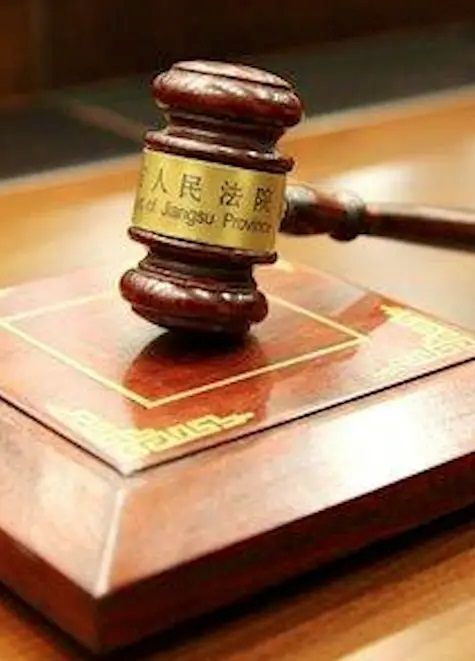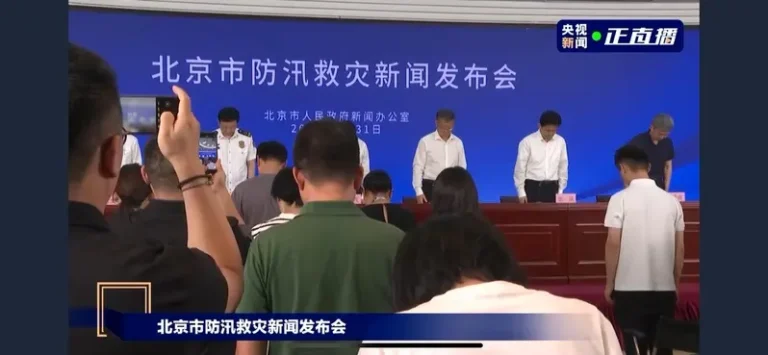
According to the Legal Times and the Tianjin High People’s Court, recently, in a courtroom of the Nankai District People’s Court in Tianjin, the quarrel between a sister and a brother almost overturned the roof. After the death of an octogenarian, the sister and brother went to court for 3 million yuan of real estate and bank deposits. The sister claimed that the gift contract was invalid and demanded a house; the brother held the notarized materials and refused to give in.
On March 1 this year, the judge organized the first hearing. After reading the indictment, Sister Sun’s agent made a new request: “In addition to bank deposits, we ask to divide the real estate worth 3 million yuan under the name of our father, Grandpa Sun. Because he was the only one who signed the gift contract, my mother’s share should be treated as an inheritance.” “This house was left to me by my parents, and no one can take it away.”
In 1966, Grandpa Sun and his wife adopted 8-year-old Sister Sun, and 7 years later, Brother Sun was born. The two elders raised the two children with great difficulty, hoping that the two siblings could support each other, but they never thought that a demolished house would sow the seeds of disaster. In 2007, Grandpa Sun and his son signed a real estate donation contract and notarized it, but only Grandpa Sun’s signature was stamped on the place where the donor signed. After Aunt Wang passed away, Grandpa Sun was still worried, and before he died, he transferred the real estate to his son, leaving a heavy statement: “The daughter is adopted, but we treat her as our own. After the rift over the house in the 1990s, although we lived upstairs and downstairs, we rarely communicated with each other and were estranged from each other for nearly 30 years. We rely on our son to take care of us in our later years. The house is given to our son, and he has to compensate his sister. I hope you can live in harmony like real siblings.”
When the mediation entered the family situation investigation, the plaintiff’s attorney suddenly took out a copy of the household registration book issued by the public security agency containing Sun Xiaodi’s information, saying “Sun Xiaodi is also adopted.” Seeing Sun Xiaodi’s emotional breakdown, the judge announced a temporary adjournment. Faced with the two parties who were still on edge, the judge decided to change the mediation method from “face to face” to “back to back”.
After more than three hours of mediation, the two sides reached an agreement: the property belongs to Sun Xiaodi, Sun Xiaodi pays his sister 550,000 yuan in compensation, and the funeral expenses and pensions are divided equally after deducting actual expenses. Both parties agreed.
Fu Jian, director of Henan Zejin Law Firm, believes that in statutory inheritance, adopted children and biological children have equal inheritance rights. As long as the adoption relationship is legally established, adopted children, as the first-order heirs, generally have the right to inherit the estate of their adoptive parents. If the adopted daughter is able to support the adoptive parents but fails to fulfill the obligation of support, according to the provisions of the Civil Code, when distributing the estate, she should be given less or no share. If the adoptive parents have a will during their lifetime, the estate will be distributed according to the content of the will. Testamentary inheritance takes precedence over statutory inheritance. Even if the adopted daughter has the right of inheritance in statutory inheritance, if the estate is not distributed to her in the will, the adopted daughter cannot obtain the corresponding estate according to statutory inheritance. When there is no valid will, it shall be handled in accordance with statutory inheritance.
Under the premise that a legal adoption relationship is established, there is basically no difference between adopted children and biological children in inheriting the estate, and they have equal status in law. The adoption relationship forms a fictitious blood relationship between adopted children and their adoptive parents, which is legally equivalent to the relationship between biological parents and children, and they enjoy the same rights and obligations, including the right to inherit estate.






